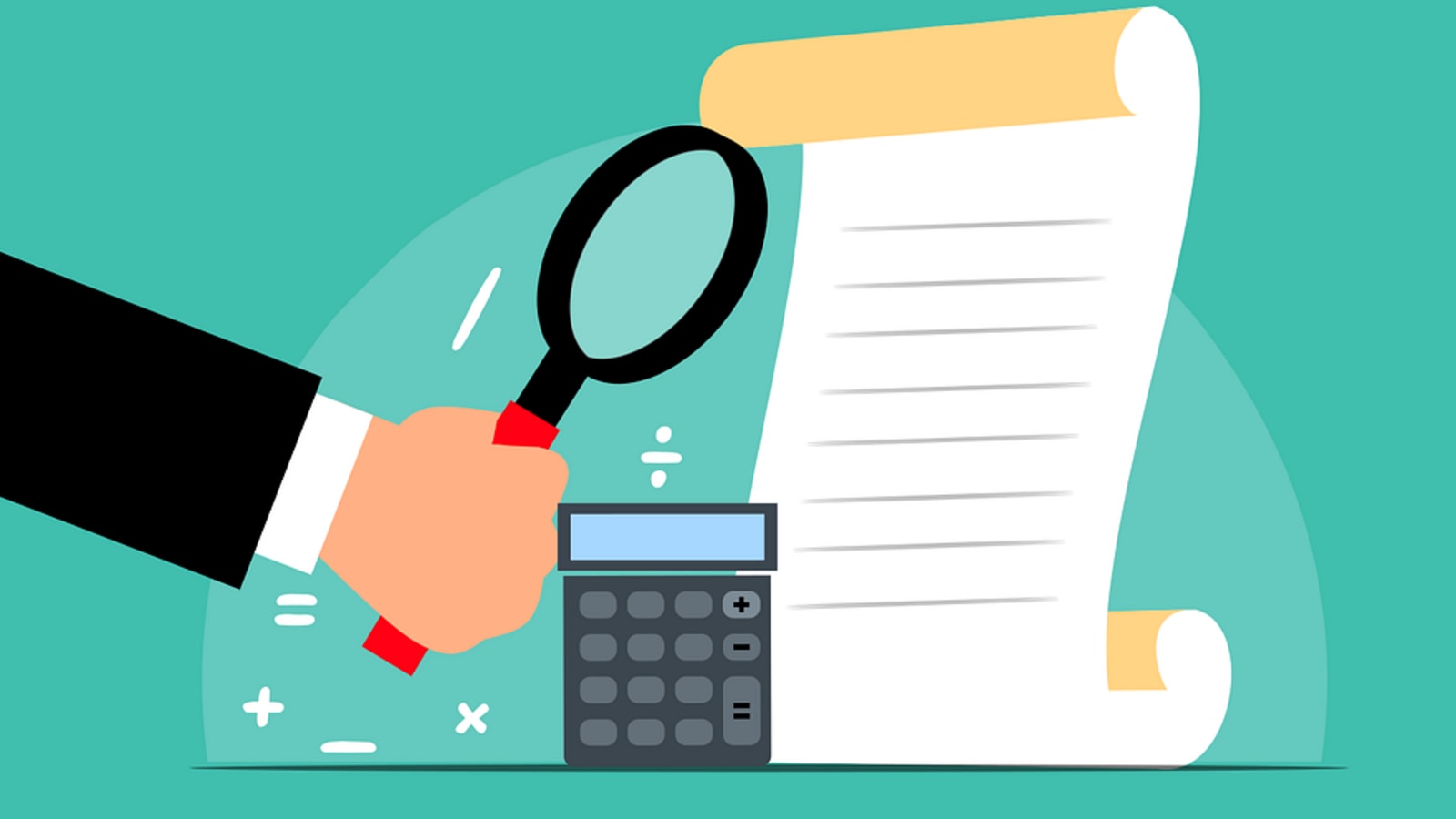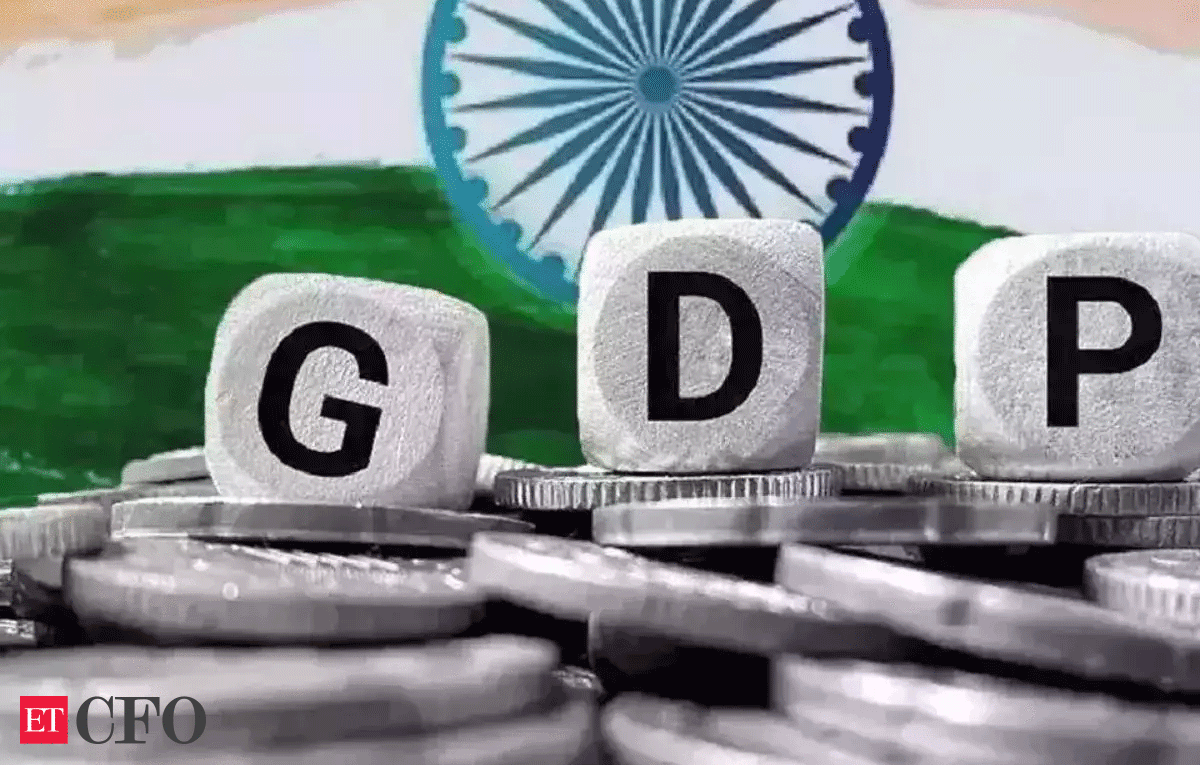Assessing your financial health is extremely important for your future loans. If you are planning to consider a personal loan or a credit card, you have probably come across the terms ‘credit score’ and ‘CIBIL score’. Before applying for credit, it is extremely important that you understand the difference between these terms. Let’s discuss it in detail:
What is a credit score?
A credit score is a reflection of your credit history and defines your creditworthiness. Your credit score is calculated based on several factors, including your previous credit, repayment pattern, credit repayments and defaults, as well as any inquiries.
There are four major credit bureaus that are approved by the Reserve Bank of India and provide credit scores. These are; TransUnion CIBIL, Experian, Equifax and CRIF high score. Each agency uses its own methods and the scores may therefore differ slightly.
What is a CIBIL score?
A CIBIL score is a three-digit number maintained and provided by the TransUnion CIBIL, one of India’s four credit bureaus. This score ranges from 300 to 900. The higher the score, the better your creditworthiness.
The CIBIL score is the most popular and widely used score in India and is based on the Credit Information Report, also known as CIR, which is a summary of past credits that allows the lenders to analyze your past defaults to determine your eligibility for credit or not.
Credit Score vs CIBIL Score: Key Differences
Maintain a healthy score
CIBIL score and credit score are different from each other. However, the scores reflect your creditworthiness and maintaining a healthy score is extremely important to secure the best deals on future loans.
The CIBIL score is the most common credit score in India and it is extremely important that you aim to maintain a score above 700 to get low interest rates on personal loans and to increase your chances of getting your loan application approved.
Keep in mind that even a single late payment can damage your score. That’s why you should always stay ahead of your bills and always pay on time.
In conclusion, you should avoid making serious inquiries on a regular basis if you are unsure about getting credit, as this could have a negative impact on your credit rating. Before you even think about getting credit, you should first understand what you need and whether or not you can afford it.
This will not only help you maintain your credit score but also avoid unnecessary financial burdens. Credit scores cannot be increased overnight. By remaining consistent and diligent with your repayments, you can gradually increase your credit score.











